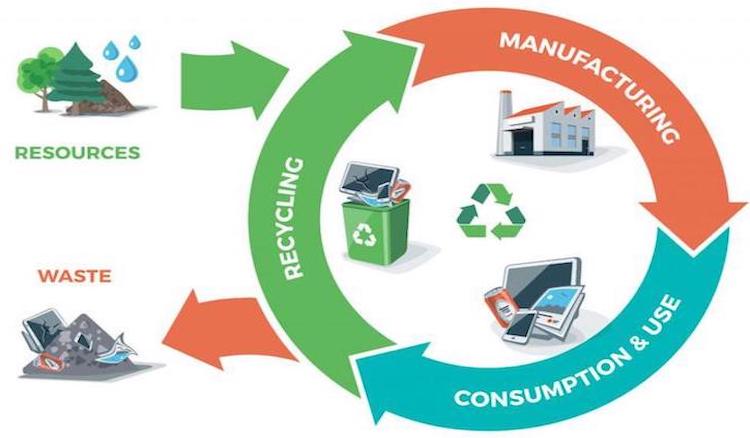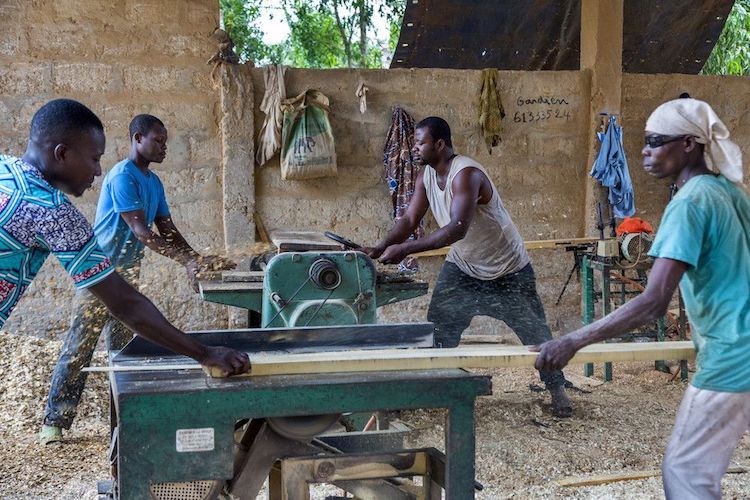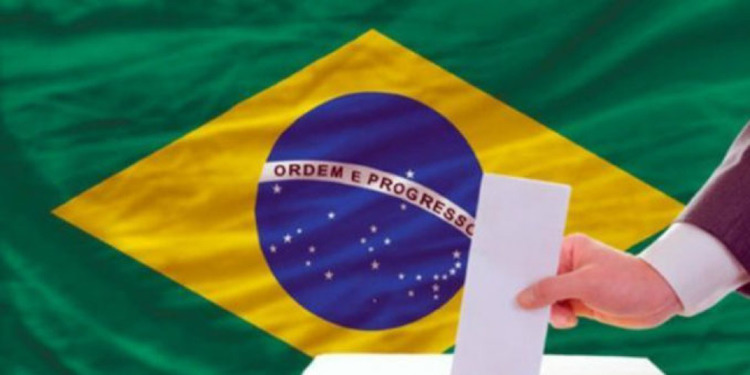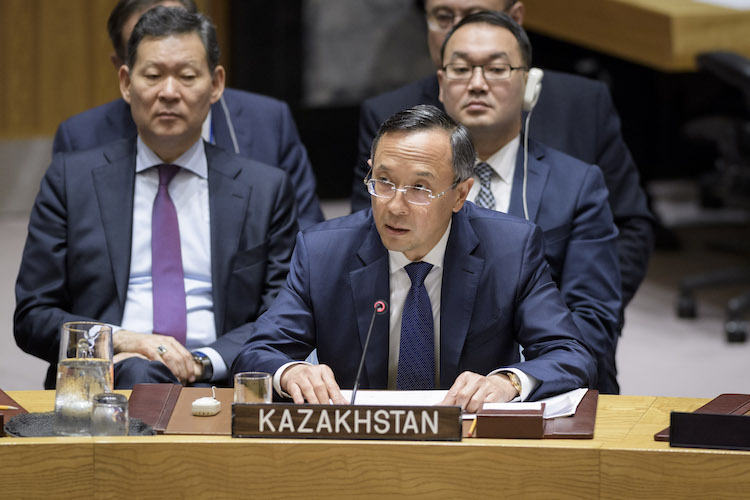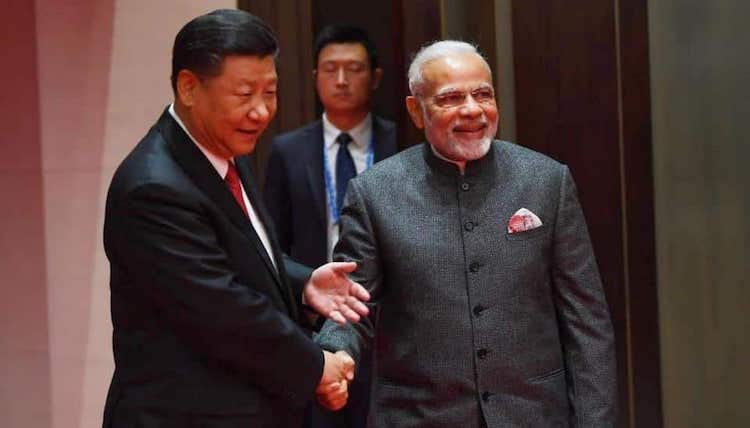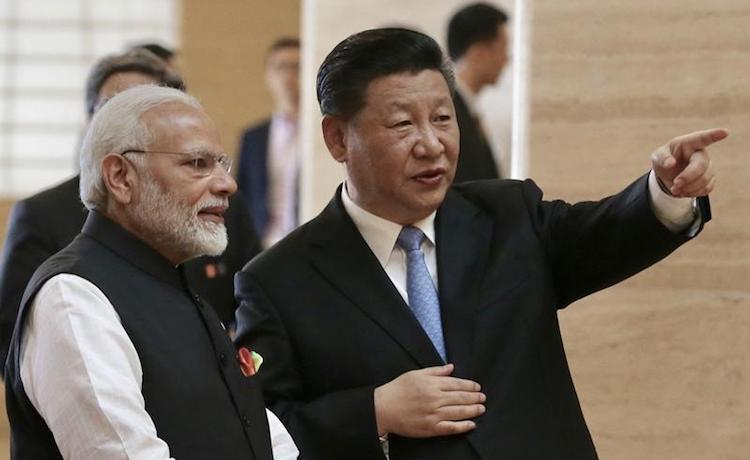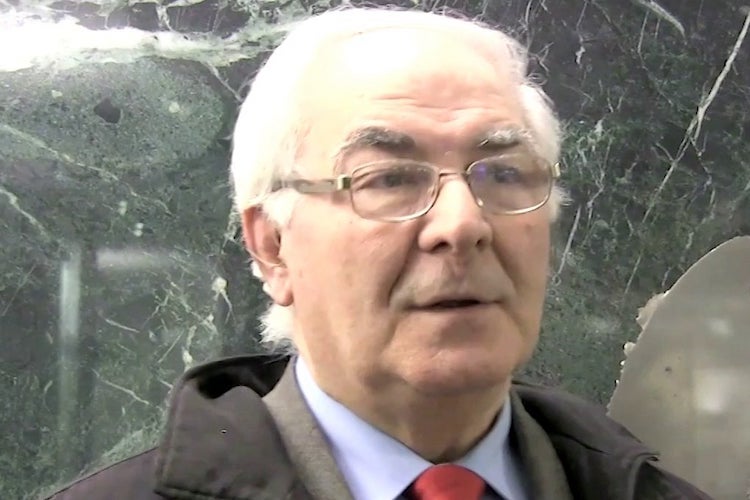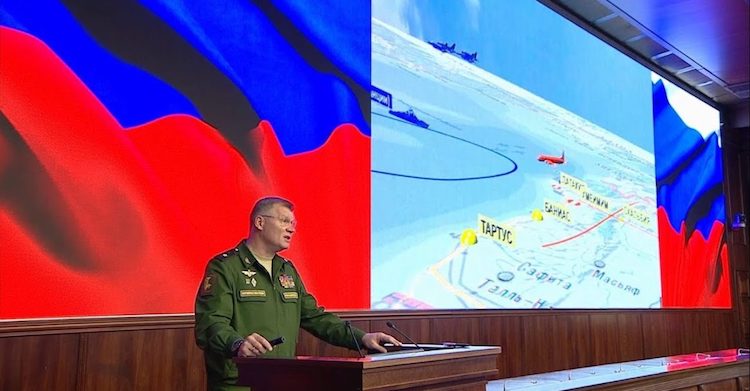Viewpoint by LI Yong and Hongjoo Hahm LI Yong is the Director General of the United Nations Industrial Development Organization (UNIDO) and Hongjoo Hahm, Officer-in-Charge of the United Nations Economic and Social Commission for Asia and the Pacific (ESCAP). BAGKOK (IDN) – The business case for making our economy more sustainable is clear. Globally, transitioning […]
Rethinking Mobility – How to Respond to Opportunities in a Changing World
Viewpoint by David Suttie* ROME (IDN) – Rural people often migrate seasonally with their herds, or to join the harvest in other districts. They frequently travel to towns and cities to trade, do temporary jobs, or advance their education. In some regions of the world, nomadic cultures are commonplace. Migration is one of the most […]
Brazil at Another Major Turning Point
Viewpoint by Jonathan Power* LUND, Sweden (IDN-INPS) – From the time of its beginning as a nation state “Brazil has been a paradise for some, an endless hell for others, and for the rest, a kind of purgatory on earth.” So write two Brazilian historians, Lilla Schwarcz and Heloisa Starling, in their massive, newly published, […]
The World Needs a Strong Legal Framework for Complete Elimination of Nuclear Weapons
Viewpoint by Kairat Abdrakhmanov Following are extensive excerpts from the statement by Kairat Abdrakhmanov, Minister of Foreign Affairs of the Republic of Kazakhstan at the High-level Meeting of the UN Security Council on “Maintenance of International Peace and Security: Non-proliferation of WMD” on 26 September 2018 in New York. NEW YORK (IDN) – Countering the […]
Peacebuilders for a Nuclear-Weapon Free World
Viewpoint by Rene Wadlow* GENEVA (IDN) – As the world celebrated the UN-designated International Day for the Total Elimination of Nuclear Weapons on September 26, there were still some 16,000 nuclear weapons in the world, largely in the hands of the United States and the Russian Federation, some on “ready alert”. There are plans to […]
India-U.S. Strong Partnership Not Endorsement of Washington-led Regional Order
Viewpoint by Jagannath Panda The writer is a Research Fellow and Centre Coordinator for East Asia at the Institute for Defence Studies and Analyses (IDSA), New Delhi. He is also the Series Editor for Routledge Studies on Think Asia. This article was first published in East Asia Forum on September 23, 2018. NEW DELHI (IDN-INPS) […]
Why the International Court for War Crimes Is Essential
Viewpoint by Jonathan Power* LUND, Sweden (IDN-INPS) – Last year the office of the prosecutor of the International Criminal Court (ICC) released a report which for the first time explicitly named U.S. military forces and CIA operatives in secret prisons as possible war crimes culprits for the alleged use of torture and rape. Because the […]
India’s Stance on the Indo-Pacific Not Exclusionary of China
Viewpoint by Prateek Joshi The writer is a Research Associate with the Vivekananda International Foundation (VIF) India, a New Delhi-based public policy think-tank. This article was first published in East Asia Forum on September 21, 2018. NEW DELHI (IDN-INPS) – In a move that heralds greater bilateral cooperation, Chinese Defence Minister Lieutenant General Wei Fenghe […]
The Earth is the Common Home of All Inhabitants
Viewpoint by Riccardo Petrella* ROME (IDN) – The first vast work of “worldwide” occupation and predation of the Earth and its inhabitants was that begun in the sixteenth century by a number of European states (Spain, Portugal, the Netherlands, England and France). After the First World War, new actors – no less conquerors and predators […]
The Russia, Iran, Turkey, Israel and Syria Mosaic
Viewpoint by Pier Francesco Zarcone* ROME (IDN) – Recent events in Syria (downing of a Russian Ilyushin plane and an agreement between Russian President Vladimir Putin and Turkish President Recip Erdoğan on Idlib) lead to some reflections starting with the Israeli bombing that caused more than ten Russian deaths. Many political observers, including Alberto Negri […]

